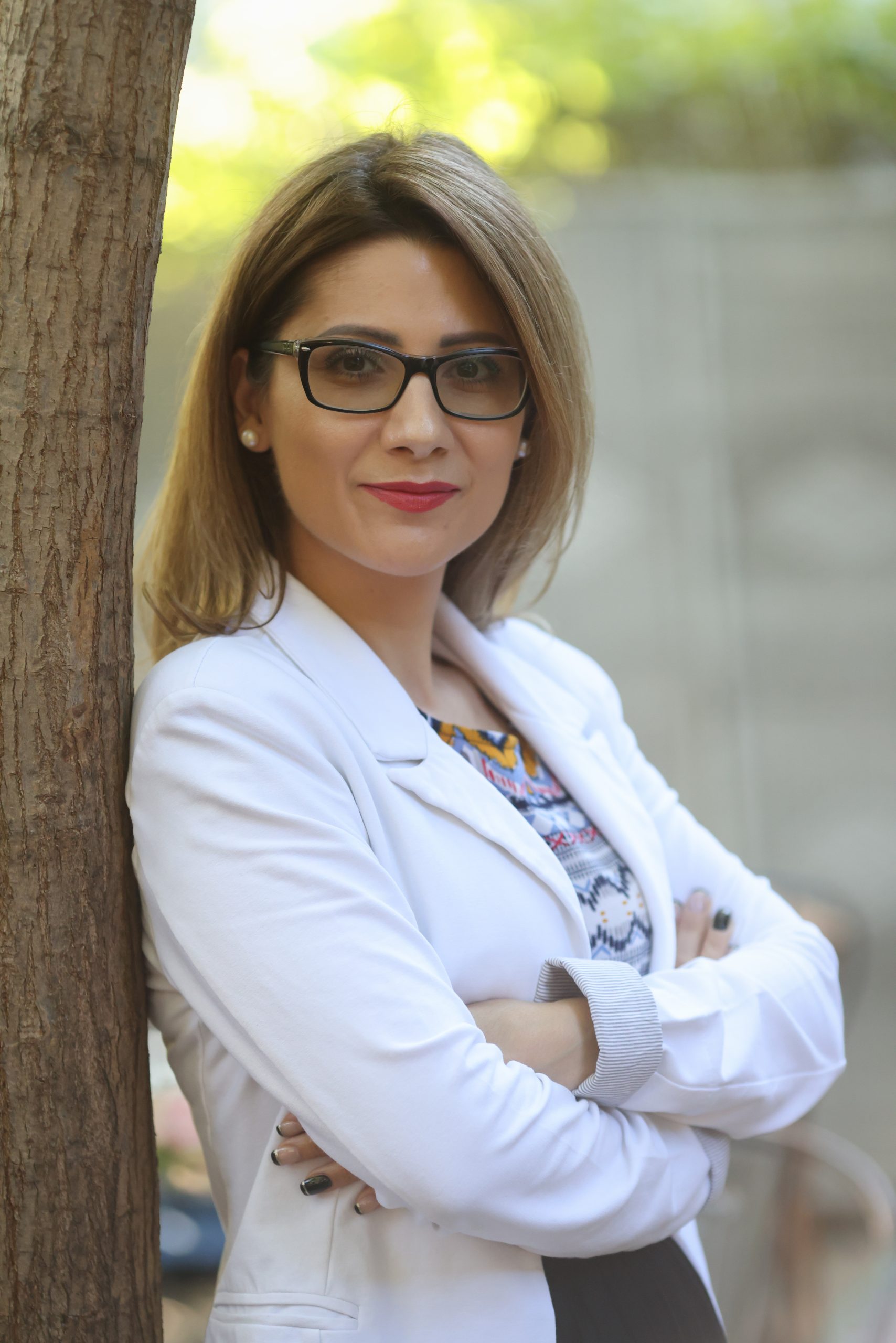
Oana Grosanu: Inclusion of People with Disabilities – A Priority for Business Sustainability in Romania
Sustainability is a critical imperative for businesses in today’s rapidly changing world, and Leave No One Behind (LNOB) is the central, transformative promise of the 2030 Agenda for Sustainable Development and its Sustainable Development Goals (SDGs), the blueprint for making the transition from “business as usual” to “sustainable business”, all within a just transition context.
Diversity and inclusion play crucial roles in fostering a sustainable future because D&I not only contributes to fairness and equality, but also enhances problem-solving, economic performance, social stability, and cultural richness within workplaces, communities, and social circles. When we embrace diversity, we enrich our collective experience and foster a more equitable and innovative environment for everyone.
In 2023, 28.8% of people with a disability in the EU, were at risk of poverty or social exclusion, compared with 18.0% among people with no limitations. One of the main reasons is that disabled people are more than twice as likely to be unemployed as non-disabled people. According to the 2023 European Disability Forum’s new Human Rights report “Right to Work“, there is a persistent gap in access to quality employment for persons with disabilities. It gets worse when considering full-time employment, especially for women with disabilities.
In 11 countries – among them, Romania – less than 20% of women with disabilities are employed full-time.
Zooming in to Romania: the rate of employment of people with disabilities in our country is very low, even companies that become inclusive employers, benefit from tax incentives. According to the latest official statistics from the Ministry of Labour, only 1 out of 10 disabled people is employed. State records show there are 811,000 adults with disabilities who do not live in community centres. Only 50,295 of them work and have the status of a disabled person.
Ensuring the social and economic inclusion of persons with disabilities is a fundamental right yet to be realized in Romania. We are happy to support AccessABILITY Expo, and we congratulate RDCC for pioneering in the field by organising this much-needed 360º event, but also for their continuous effort in mainstreaming disability equality, building a culture of inclusion, and empowering people with disabilities in Romania, by giving them hope and a stronger voice.
Oana Grosanu
Executive Director
Sustainability Embassy in Romania
